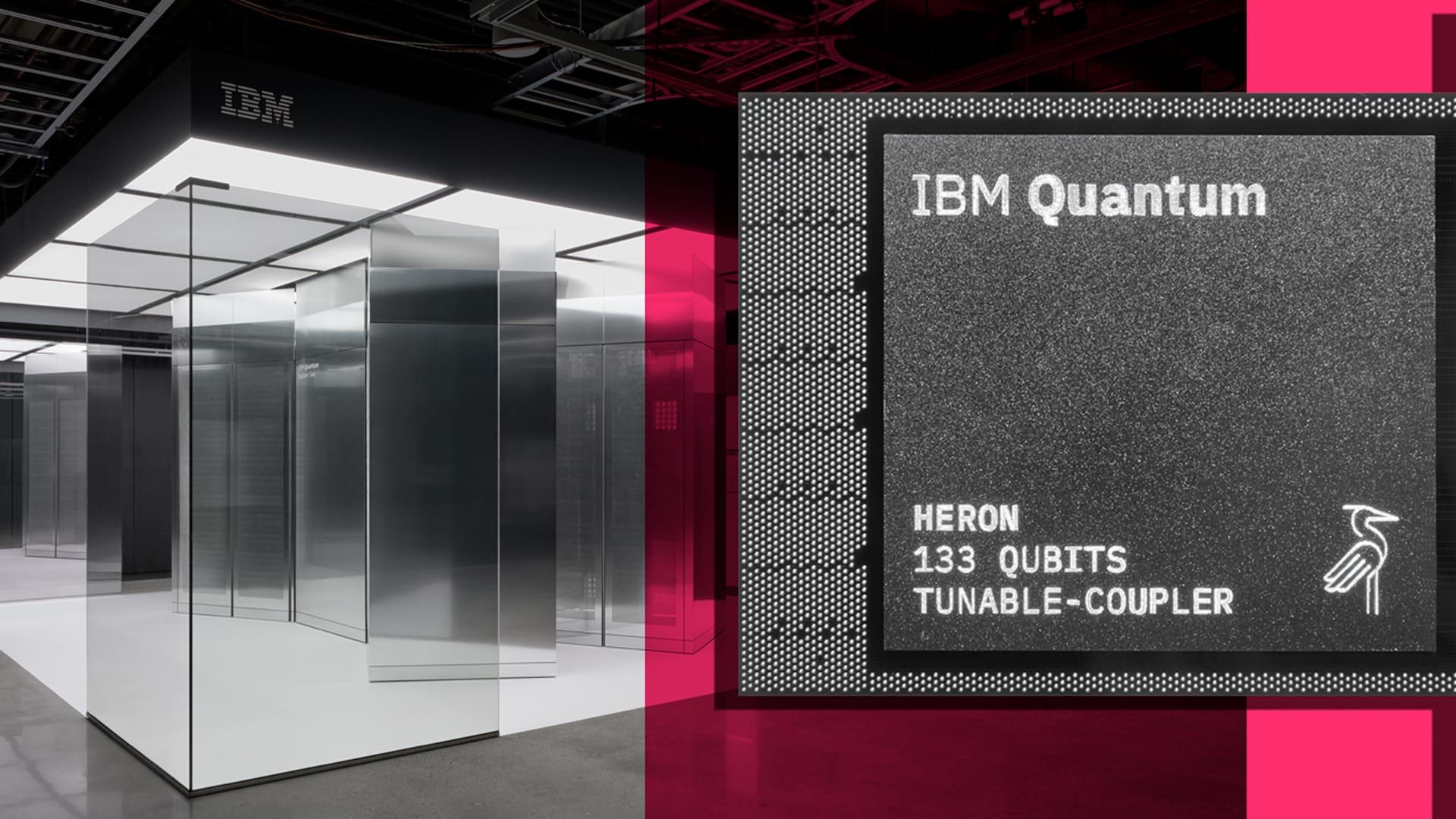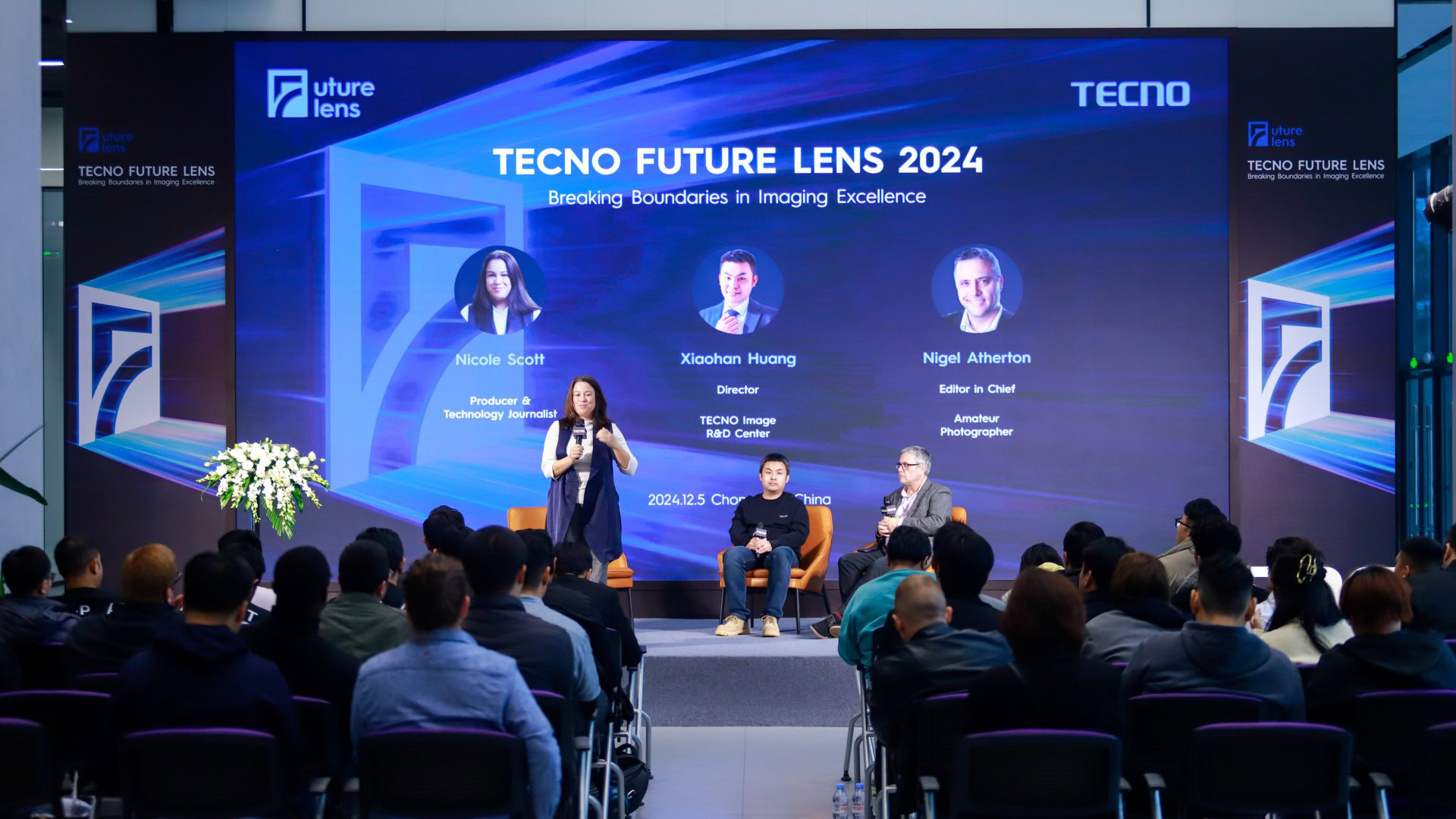It’s an unscientific fact that nine out of every 10 conversations about tech in the past year have been about AI. But the 10th has been about quantum computing. In a period of just over a year, the perennial technology of the future has suddenly become real—with major breakthroughs in computing hardware and software, significant public and private investments, and rising stock prices for companies in the burgeoning quantum ecosystem.
In simple terms, quantum computers differ from regular, “classical” computers in the way that they encode information. While classical computers operate on a binary code of 1s and 0s, stored as bits, quantum computers use qubits, which can exist in multiple states of one-ness and zero-ness. Because the computer architecture is so different, a quantum computer solves problems differently—making mysterious leaps and bounds where classical computers proceed step by step.
It’s a common misconception that quantum is all about making computers that are much faster—though it may do that in some cases. The real promise of quantum computing is that, by side-stepping the physical rules that define classical computers, it can go beyond their limitations—performing now-impossible simulations of atomic-level interactions in chemistry, medicine, and materials science, and enabling game -changing prediction of quantum-like phenomena such as weather and financial markets. Sufficiently advanced quantum computers—which could be developed by adversarial nation states like China within the next few years, according to many experts—would also obliterate current data-encryption algorithms. (In August, the US Commerce Department’s National Institute for Standards and Technology released new “post-quantum” algorithms designed to counteract the threat).
The big news in quantum this month has been Google Quantum AI’s new quantum chip, called Willow, which set a new record in a benchmark performance test and demonstrated a promising approach to quantum error-correction that could be a breakthrough for scaling quantum systems. Willow took less than five minutes to complete a random circuit sampling (RCS) problem that would take one of today’s fastest supercomputers about 10 septillion years—longer than the universe has existed—to solve. The problem has no real-world application, but Hartmut Neven, founder and lead of Google Quantum AI, claimed on a company blog that the outcome of the test “lends credence” to the idea that we live in a multiverse.











